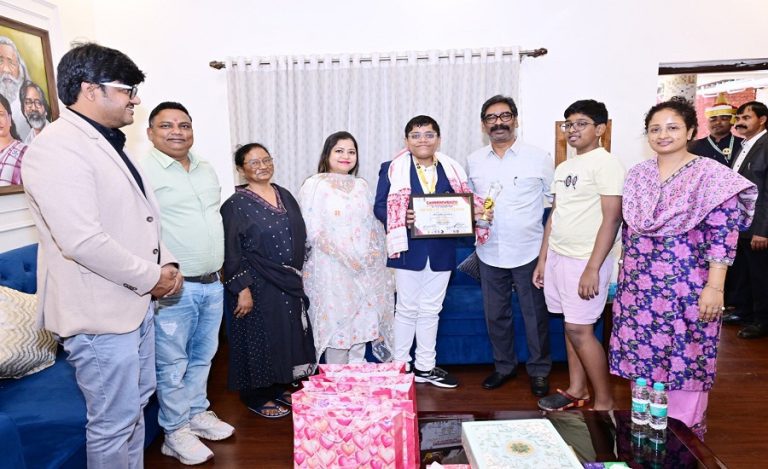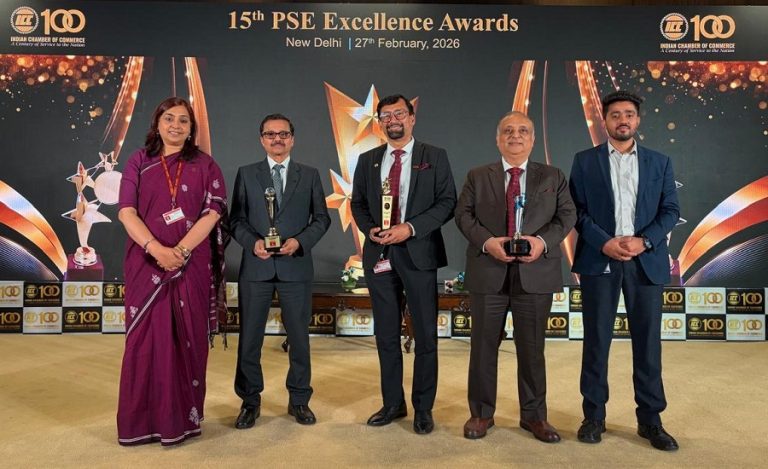Flagging the dismal representation of scheduled castes and tribes in the higher bureaucracy, a parliamentary committee has recommended steps to fix the imbalance, suggesting that the names of candidates taking the public service exams should remain undisclosed during selection to ensure “fair” assessment.
In its report titled “Role of Ministry of Personnel, Public Grievances and Pensions (Department of Personnel and Training) in Formulation, Implementation and Monitoring of Reservation Policy”, the panel highlighted that the representation at various levels for STs and SCs is “far below” the constitutionally mandated percentage of 15 % and 7.5 %, respectively.
Noting that even with an increase in representation of SC and ST candidates in the higher bureaucracy from 458 in 2017 to 550 in 2022, it remained below the expected level. The maximum number of SC and ST candidates were appointed at the level of deputy secretary or directors — 423 in 2017 to 509 in 2022. “At the senior level of Joint Secretary /AS/Secretary, the figure remains almost the same with 35 in 2017 and 41 in 2022,” the committee said.
The appointment of officers to senior posts under the government of India are filled on deputation, the Ministry of Personnel, Public Grievances and Pensions said in its response. “Out of the empanelled officers, those who give the option for deputation are considered for appointment for Joint Secretary and above under the CSS. There is no provision for reservation in the posts filled up on deputation basis under the Central Secretariat Service (CSS),” it said.
The committee in turn asked the ministry to explore “all possibilities to increase representation of SCs and STs in the process of empanelment so as to ease out the current imbalance in the empanelment process”, while emphasizing that there are adequate officers from SC and ST communities who have requisite experience for empanelment as they enter public service.
There are currently 12 additional secretaries and 25 joint secretaries against the sanctioned numbers of 90 and 242, respectively, from the SC and ST categories, according to ministry data. At deputy secretary or director level, there are just 79 officials from SC or ST communities against 509 sanctioned posts.
The committee recommended that candidates should be allowed to appear in all competitive exams using a “unique identification number” without disclosing names for fair assessment, and asked the department of personnel and training under the ministry to issue directions and present an action taken report within three months.
“The Committee further desires that the name of the caste of SC/ST community should also not be disclosed once selection processes in all aspects are completed so that any possible form of discrimination against such community may be less evident,” it said.
The panel also flagged that there is negligible or no presence of SC and ST members in the boards of directors of almost all ministries, departments, public-sector units and state-run banks, and said it would deprive them from becoming a part the decision-making process and policy matters.
“The most common reason provided being that the Officers of SC/ST community could not be appointed to the post of Members and Chairman, primarily due to non-availability of suitable candidates. The Committee is not willing to accept routine replies as there are highly qualified deserving and meritorious candidates among SCS/STs available,” the panel said.
The panel also asked the ministry may set up a separate regulatory authority under DoPT to ensure meaningful implementation of reservation policies and orders till legislation to this effect is enacted by the government. It said the DoPT should identify the backlog of vacancies and carry out “special recruitment drives” to fill the posts.






























